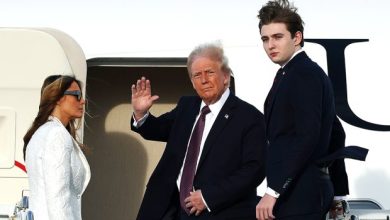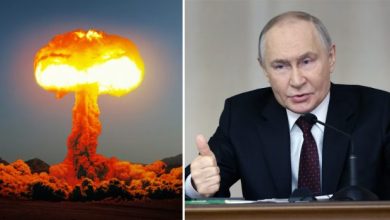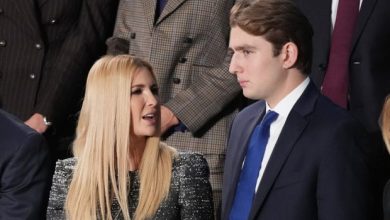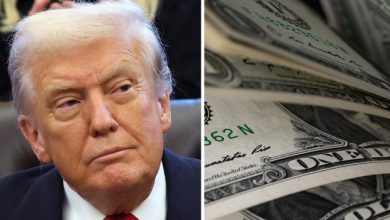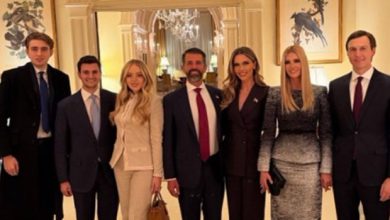Every law Donald Trump is set to make on the first day of his second presidency
Donald Trump has officially taken office today (January 20) after winning the November election against Kamala Harris. As he assumes the presidency for the first time since 2021, Trump has ambitious plans for immediate changes to the country.
Reports from the Associated Press indicate that Trump is preparing to sign more than 100 executive orders on his first day in the White House. These orders are expected to address a wide range of issues, including immigration policies, school guidelines, and energy initiatives.
What Are Executive Orders?
Executive orders are directives issued by the president to federal agencies that carry the force of law. Unlike legislative measures, they do not require congressional approval but must adhere to existing laws and are subject to judicial review.
Executive orders remain in effect until they are revoked, expire, or are overturned—often by subsequent presidents or legal challenges.
.jpg)
Donald Trump signing a Covid-19 vaccine executive order in 2020 (SAUL LOEB/AFP via Getty Images)
Trump’s Planned Executive Orders
During a rally in Washington, D.C., on January 19, Trump vowed to sign dozens of executive orders “by the time the sun sets.” His allies have reportedly spent months drafting documents to expedite decisions on key issues.
According to Texas Senator Ted Cruz, Americans should “expect shock and awe” from Trump’s actions, which are anticipated to include:
- Immigration Policies: Tightening border controls and deportations, and potentially ending birthright citizenship.
- Education: Adjusting subjects taught in schools and implementing changes to gender policies.
- Diversity Programs: Rolling back diversity, equity, and inclusion initiatives within the federal workforce.
- Environmental and Energy Policies: Reversing Biden administration policies, including the electric vehicle mandate and green energy initiatives.
- January 6 Pardons: Granting clemency to some individuals involved in the Capitol riots.
- Transgender and Gender-Affirming Care Policies: Restricting participation in women’s sports for transgender women and limiting access to gender-affirming care.
- TikTok Ban: Temporarily suspending the app’s “ban or sale” law for 90 days while reevaluating its status.
Additionally, Trump is expected to propose changes to green card eligibility, allowing individuals who graduate from U.S. colleges to qualify.
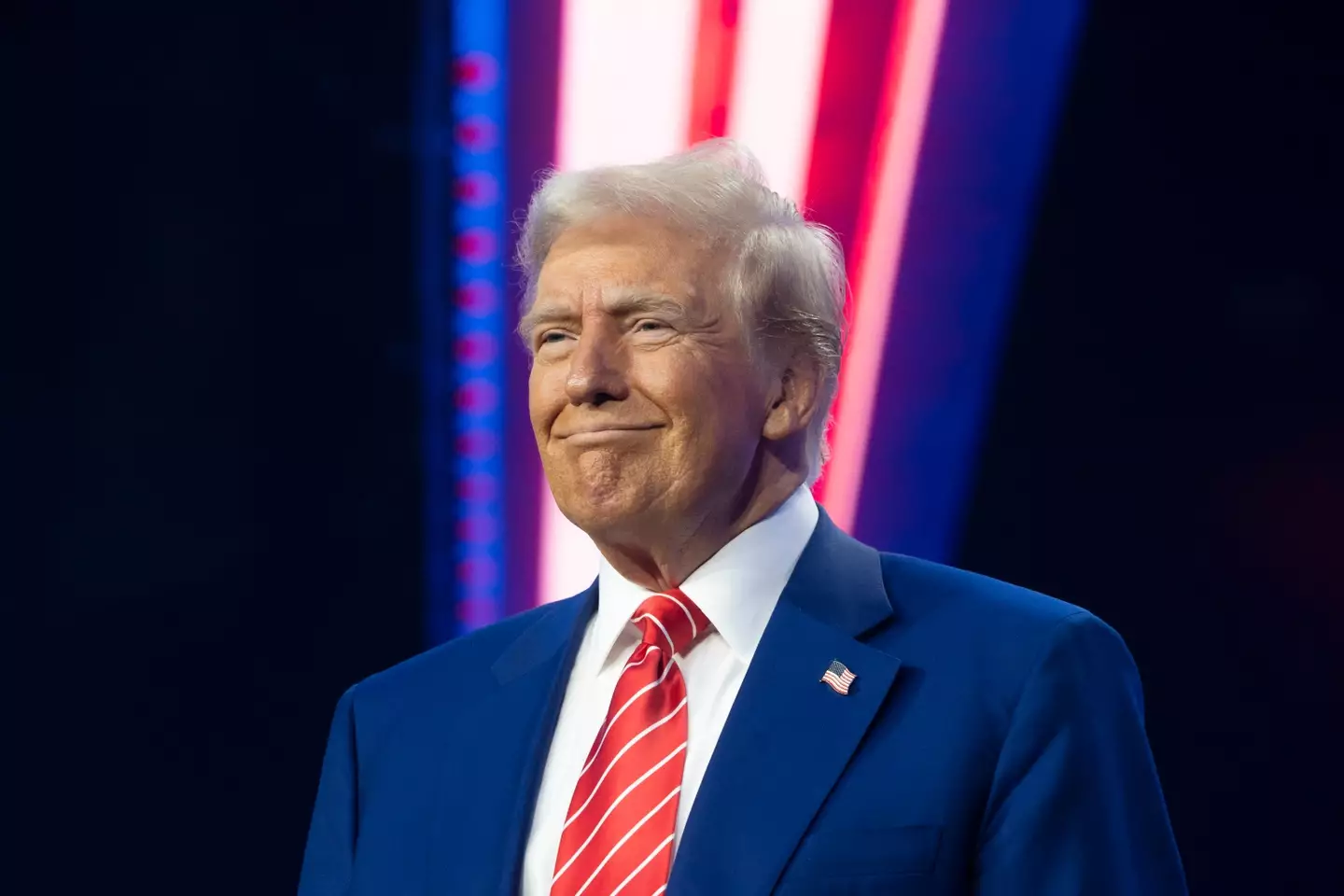
Trump will become the 47th US president (Rebecca Noble/Getty Images)
Can Executive Orders Be Contested?
While executive orders give the president significant power, they are not absolute. They must operate within the framework of the law and are reviewed by the Office of Legal Counsel for legality.
If deemed unconstitutional or issued without proper authority, executive orders can be overturned by the courts. For example, in 2017, Trump’s travel ban on several majority-Muslim countries faced legal challenges and was ultimately upheld by the Supreme Court after revisions.
Congress also has the power to override executive orders by passing a law, though the president retains the authority to veto such legislation.
What’s Next for Trump’s Agenda?
As Trump begins his second term, his use of executive orders will likely shape the early days of his administration. While his plans have sparked both support and opposition, they reflect his commitment to delivering on campaign promises and reshaping U.S. policy.
With over 100 executive orders reportedly in the works, the coming days will offer a clearer picture of how Trump’s bold initiatives will unfold—and how they will be received by lawmakers, courts, and the American public.
